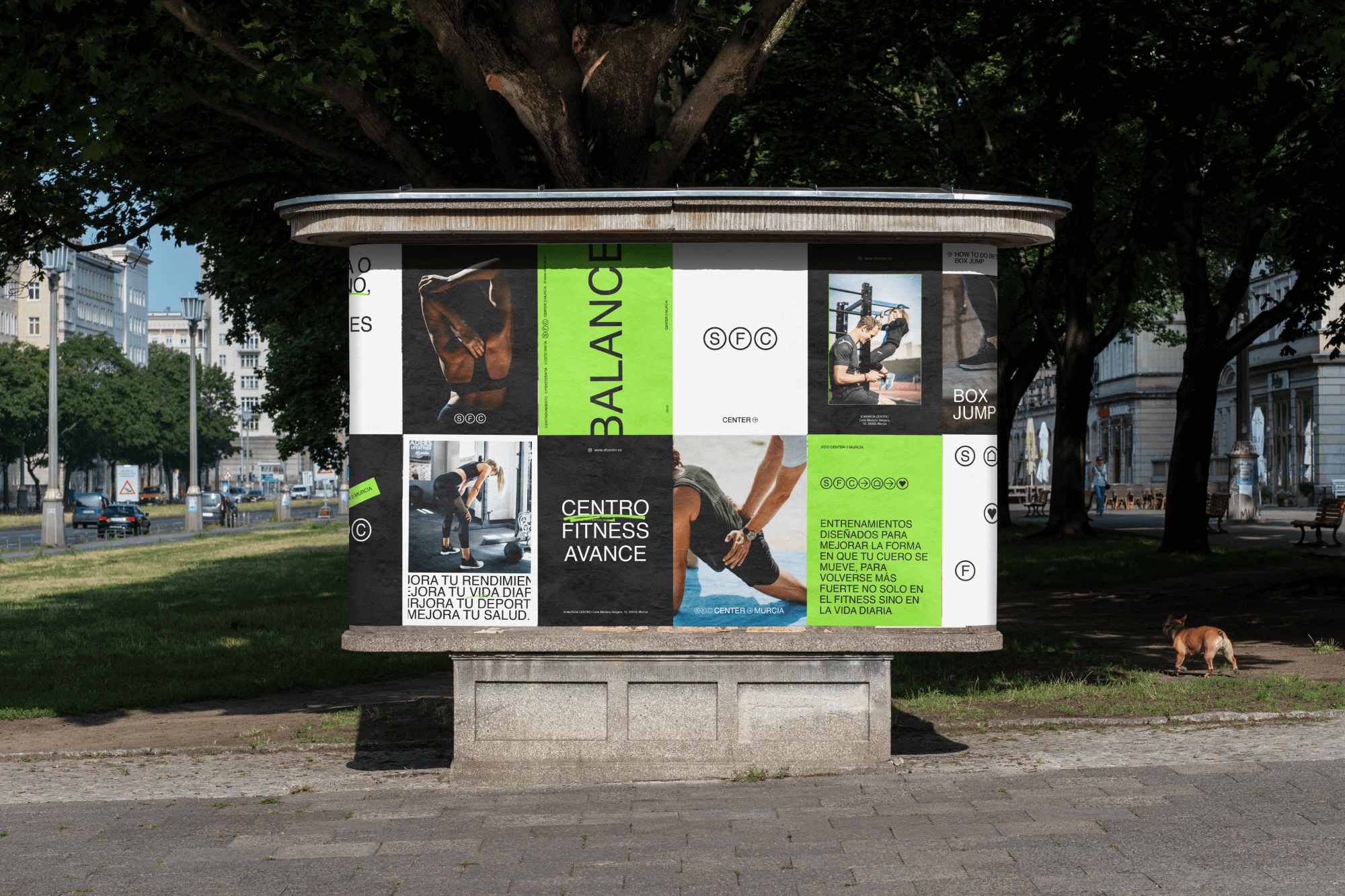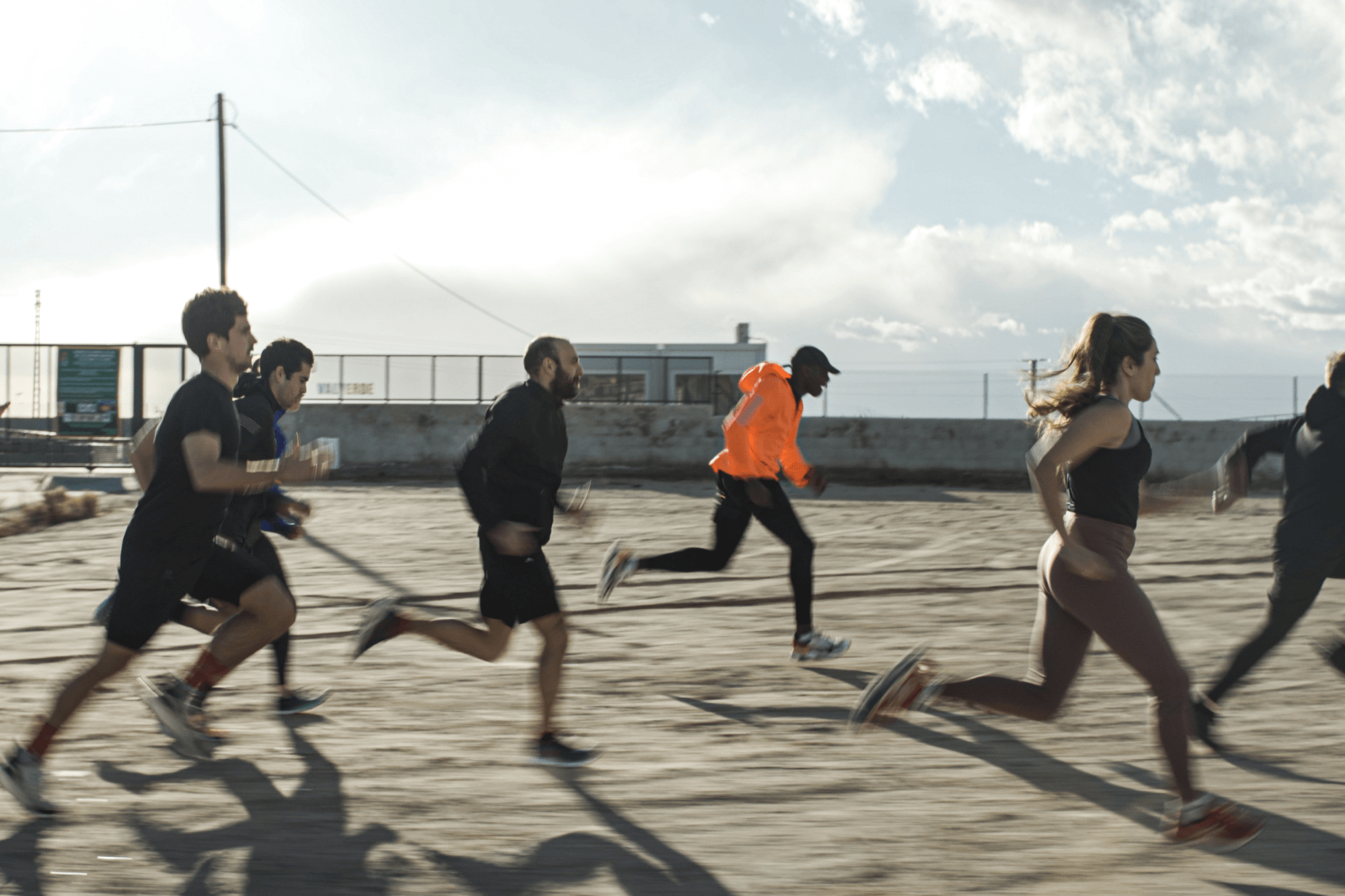Due to the current wave of wellness culture, introduced particularly by Gen Z, the sports industry has undergone significant changes in recent years. Beyond the greater awareness of physical health there is an emphasis on mental wellbeing and the personal, social and communal benefits.


The world of sport and wellness is no longer targeted at a sector with a very sport-centric lifestyle, but has become universal. In this new scenario, it is no longer enough to offer a proprietary training methodology, state–of–the-art technology, new equipment or a pleasant space; brands must now go further.

- Small training rooms or large chains are committed to connecting health with sport, introducing nutritionists, coaches or personal advisors in their rooms and masterclasses with specialists where perseverance and self-improvement are encouraged.
- Brands and the wellness lifestyle. The wellness movement has become an attractive option for brands seeking to differentiate themselves, which is why training centres are teaming up with major brands in the food, fashion or technology sectors to offer exclusive products and services such as limited editions of packaging or sports equipment and clothing, discount codes with influencers or apps.
- Mental health is becoming as important as physical health. Training has gone from being discipline and sacrifice to give way to a philosophy in which it’s important to feel good in order to be able to train well.

Nowadays, the world of wellness is in continuous flux as alternatives to traditional gyms emerge aided by dynamic design proposals. Through visual communication, brands not only seek to transmit their values, but also the culture that surrounds the user experience.